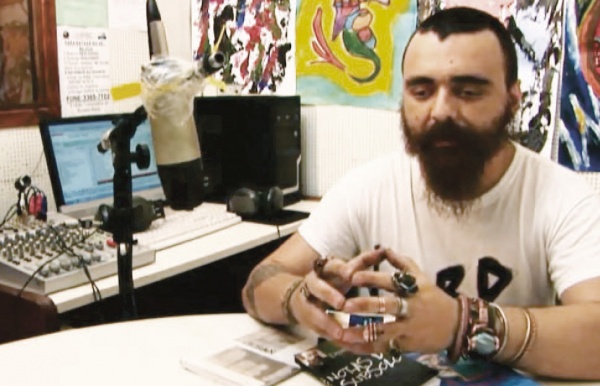Health Promotion Through Community Radio AMORB / FM
On the Radio Waves develops community radio programming to promote public education and awareness on priority health issues, including mental health. It partners with other organizations such as the Federal University of Rio Grande do Sul (UFRGS) and the Conceição Hospital Group (GHC) to offer regular training programs to a wide range of stakeholders including practitioners, students, and other community members.
Meets the criteria established under Health in All Policies:
- Political commitment. Although the program cannot be said to have political commitment at the highest level of local government, it has the support of the Municipal Health Secretariat of Porto Alegre and the Federal University of Rio Grande do Sul (UFRGS).
- Separate structure. The UFRGS sponsors the program. The coordinating committee responsible for planning and programming includes the following institutions: the Schools of Nursing, Dentistry, and Education and the Institute of Philosophy and Human Sciences; Radio AMORB (which holds the community radio franchise and coordinates community outreach), the Hospital Group - GHC (representing community health worker services), and the Health Secretariat of Porto Alegre municipality.
- Participation of other sectors. The On the Radio Waves program brings together several different sectors including the Ministries of Health, Culture, and Education.
- Separate budget. Although it does not have a separate budget, the Ministries of Education and Health and the Municipal Health Secretariat include allocations for this program in their budgets.
- Focus on reducing inequity. Programming reaches vulnerable communities afflicted with high levels of violence and social exclusion. It addresses topics related to mental illness, which are frequently overlooked in the health care system.
- Intersectoral action. All of the sectors involved collaborate democratically and proactively in planning and implementing project activities. The intersectoral coordinating committee studies and implements program policies, develops radio programming, selects and supervises staff and students, and oversees community outreach.
- Public policy. According to the information provided, the program does not appear to contribute to public policy-making in health.
- Evidence of results. While the program did not provide scientific evidence of its results, it reported the following achievements: active community and student participation in the radio programs; integrated action involving the UFRGS, health practitioners and the community (AMORB); and a focus on mental health services users as a reflection of broader socio-cultural inclusion.
- Social participation. The community radio program was created as a direct result of the interest expressed by organized community sectors, in collaboration with the institutions described earlier. Ongoing dialogue with the community ensured that its design would be responsive to local needs. Public participation has grown as community members have become more actively involved in planning and airing radio shows.
